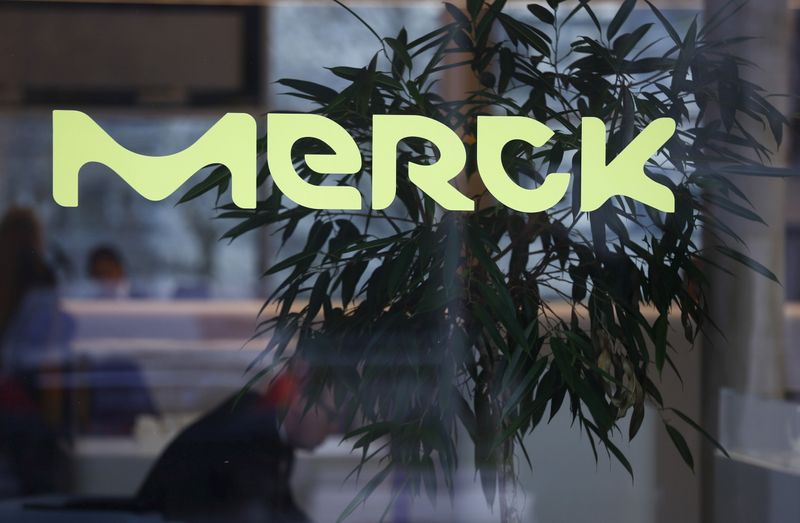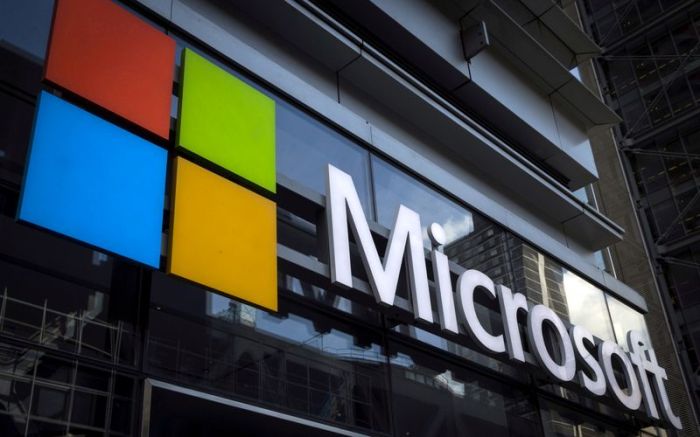FRANKFURT (Reuters) – Merck KGaA’s drug development programme has suffered a setback with its most important experimental drug, cancer treatment bintrafusp alfa, failing early in its lead trial.
In a statement on Wednesday, Merck KGaA said independent supervisors of the late-stage study, which was testing the drug against U.S. namesake Merck & Co’s bestseller Keytruda in newly diagnosed cases of a certain type of lung cancer, concluded the drug was unlikely to show the desired effect.
The failure also puts a damper on the oncology ambitions of Britain’s GlaxoSmithKline, which is co-developing the drug with Merck under a 2019 agreement that could have seen it pay up to 3.7 billion euros ($4.5 billion) to the German company.
Merck KGaA’s shares dropped as much as 7% after the news that the INTR@PID Lung 037 trial was stopped but pared losses to trade 3.1% lower at 1455 GMT. GSK dropped 2.1% while the STOXX Europe 600 Health Care index was little changed.
Keytruda dominates a class of immunotherapies known as checkpoint inhibitors, and is expected to generate $17 billion in revenues this year.
Family-controlled Merck KGaA and Merck & Co Inc, known as MSD outside North America, share historic roots but have been under separate ownership since World War One.
Earlier stage trials, testing bintrafusp alfa against lung cancer, cervical cancer and biliary tract cancer, will continue.
“We need to dig deeper into what the news of today means for lung and the other studies in the bintrafusp programme,” said Merck KGaA finance chief Marcus Kuhnert.
Kuhnert said the blow would not sway the strategy of the relatively small pharmaceuticals division. “(This) is not going to change where we go in the future,” he said in an analyst call.
Earnings growth in Merck’s diversified business has recently been driven by biotech lab supplies, which have benefited from a scramble to ready treatments and vaccines against the coronavirus, offsetting sluggish drug revenue growth.
Merck’s specialty chemicals used in semiconductor production have meanwhile benefited from a rebound in demand by the electronics industry.
GSK also said in a written statement that bintrafusp alfa development continues in several additional cancer indications. Merck said it had no indication that GSK intended to exit the collaboration.
The bintrafusp alfa drug is a so-called fusion protein, a unique combination of checkpoint inhibition and another immune response booster known as TGF-beta-inhibtion.
(Reporting by Ludwig Burger; editing by Thomas Seythal, Kirsten Donovan)






















